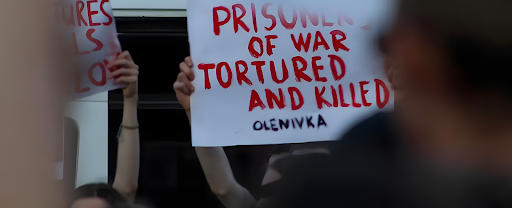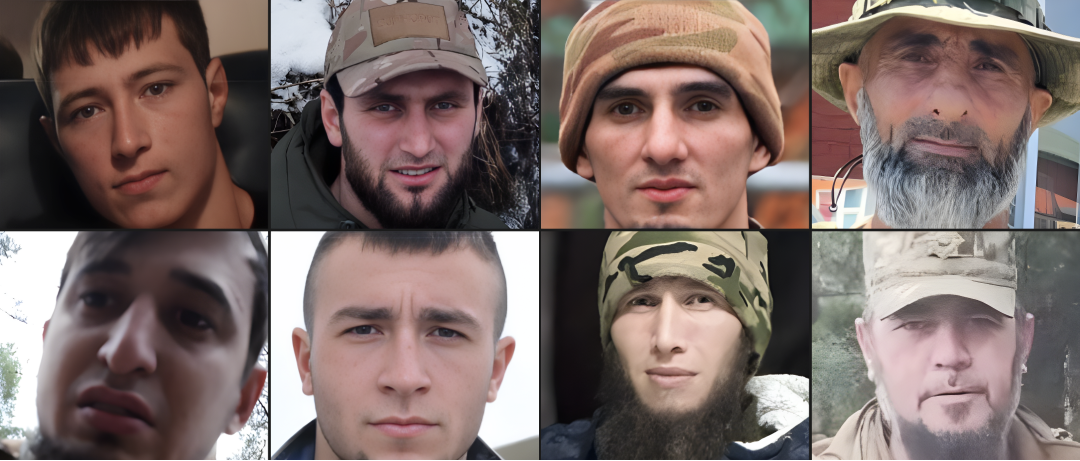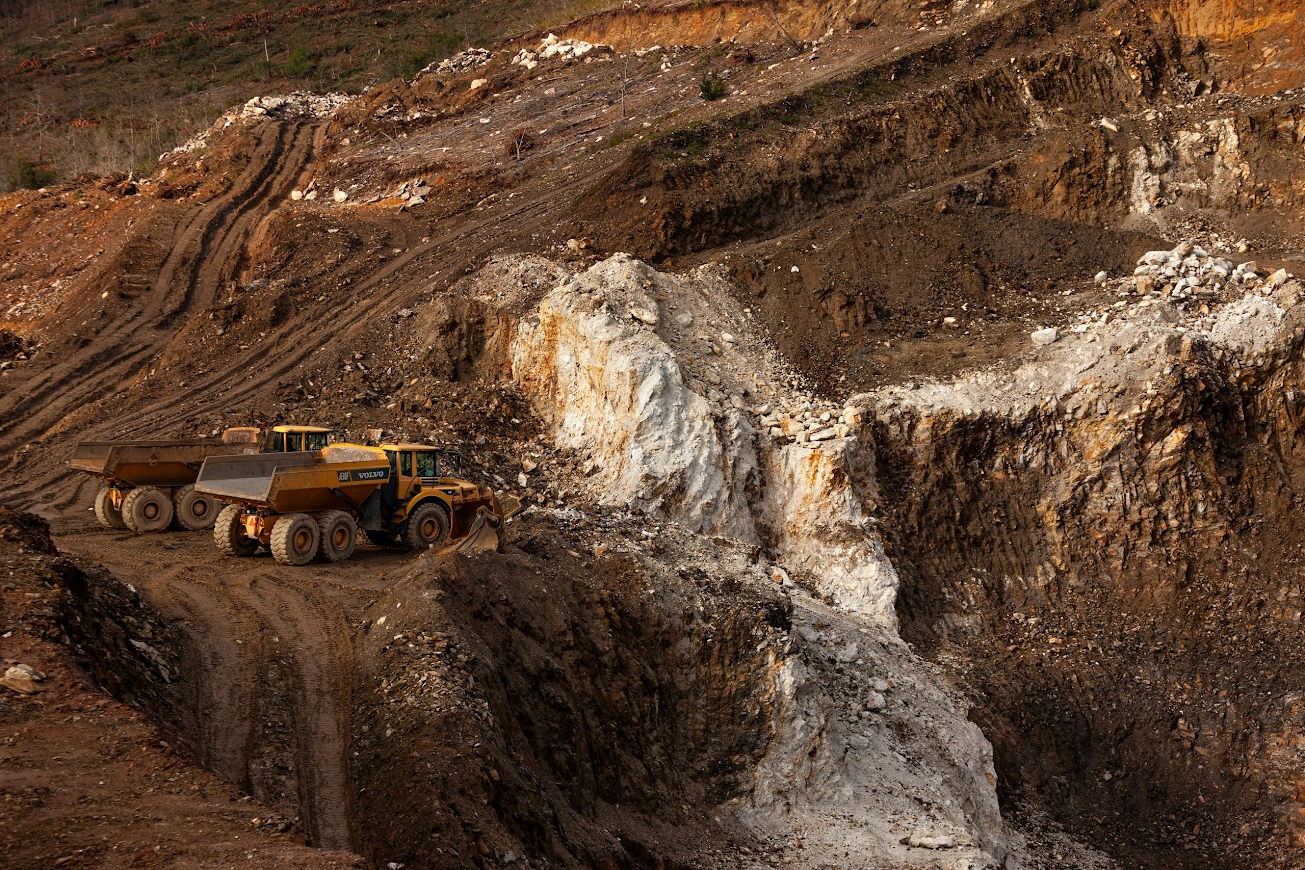16/05/2024
It has been two years since the Ukrainian defenders left “Azovstal.” Currently, there are about 1,900 defenders of Mariupol in captivity who left Azovstal, including over 900 fighters from the Azov Brigade. They defended Mariupol and left under the orders of Ukraine's top military leadership, based on an agreement. However, Russian propaganda continues to spread absurdities and lies about the heroes who defended Mariupol and bought time for all of Ukraine. They are accused of surrendering voluntarily and supposedly betraying Ukraine, being called "mercenaries" and "terrorists," and, of course, there are false claims about the "excellent conditions" in which Ukrainian POWs are held by the enemy.
The volunteer community of the Molfar agency, together with the families of POWs and the NGO "Olenivka Community," has prepared this material to debunk the lies that Russians are spreading about the defenders of Mariupol.
Why does Russia hate "Azov"? The most common fakes about “Azov”
"Azov" played a key role in the defense of Mariupol since the beginning of the war. Since 2014, when Russia attacked Ukraine, the regiment's fighters trained personnel in combat operations and the use of military equipment according to NATO standards. Consequently, they became highly motivated patriots and professional soldiers. Therefore, the Russian leadership fears "Azov" precisely because of their effectiveness. This seems to be the main reason why Russian propaganda demonizes the "Azov" military, calling them "neo-Nazis" and terrorists.
"Why do they hate 'Azov' at all? Because these are people who have always had an active civic stance, who voluntarily stood up to defend Ukraine, who have their convictions,"
– Maria Alieksieievych, the wife of an "Azov" fighter.
On May 16, 2022, by order of the higher military command, the defenders of Mariupol, including the warriors of the "Azov" regiment, began to exit the “Azovstal” Metallurgical Plant. There were several statements that this was an "evacuation," after which an exchange would immediately take place. Meanwhile, the Russians were rejoicing on social networks:
Besides the widespread disgusting joy across Russia, the enemy published numerous fake news about "Azov." Here are some of the most absurd statements from Russian propaganda:
Fake: "Azov" is an independent terrorist organization
In fact, "Azov" is a formation of the National Guard of Ukraine founded in 2014. Since the beginning of 2023, the unit is officially known as the 12th Special Purpose Brigade "Azov" of the National Guard of Ukraine. This means that "Azov" has ceased to be a battalion and has been reorganized into a special purpose brigade, which allows them to have a more significant combat force.
Fake: The Azov fighters destroyed the city of Mariupol.
"Azov" did not have bombs or planes for massive airstrikes. The destruction of the city is the work of Russian military and mercenaries who carried out the airstrikes.
Fake: The "Azov" fighters used Mariupol residents as human shields.
Another baseless claim by Russian propaganda. Official statements from the Ukrainian authorities and international organizations have repeatedly refuted these assertions. Moreover, independent investigations, media, and analysts confirm that it was the Russian forces who committed war crimes, including shelling civilian infrastructure (1, 2) and residential areas.
Fake: Ukrainian soldiers from "Azovstal" surrendered because they did not want to die for their country.
The truth is that the defenders of "Azovstal" exited on the orders of the higher military command in order to save their lives, not because of a lack of desire to fight.
We understand that these absurd claims of Russian propaganda are merely attempts to discredit the heroes who defended Mariupol and all of Ukraine from Russian invaders. The goal is to prevent their exchange and to continue spreading falsehoods.
Russia violates all points of international law by holding prisoners in inhumane conditions and resorting to torture.
Fake: The "Azov" fighters are terrorists who are not subject to exchange
In reality, on the international stage, nobody considers "Azov" to be terrorists. Exchanges have already taken place. However, Russia is desperately trying to promote its narrative in the West. This kind of propaganda existed even before the full-scale invasion and was consistently debunked. Nonetheless, some English-language publications repeat Russian narratives. Additionally, there are numerous minor propagandists who promote Russian propaganda.
ALSO READ:
US soldiers spread propaganda under the guise of OSINT analysts
In August 2022, the Supreme Court of Russia declared "Azov" a terrorist organization. This allows for the sentencing of battalion members to long prison terms. The decision was made amid Russia's prolonged efforts to portray "Azov" as a group with neo-Nazi ideology.
"I have two thoughts on this. On one hand, if they didn't want to exchange 'Azov', it wouldn't have happened at all, but still, representatives of the 'Azov' regiment were included in the exchanges. Many officers and command staff were exchanged. Last year, on May 6th, 45 'Azov' members were exchanged. And of course, they do this ... It's still aimed at propaganda in Russia because they again want to make 'Azov' members seem like something they are not. So, if we talk about tattoos (because many tattoos that they showed, supposedly present on 'Azov' regiment members [ed. — refers to nationalist, occult, or runic tattoos]), they are also present on Russians, Russian military. Besides, not all 'Azov' members have tattoos. My husband, for example, has none, but he is a fighter of the 'Azov' regiment,"
— Maria Alieksieievych, wife of an 'Azov' fighter.
Fake: The "Azov" fighters tortured and killed civilians.
This claim was spread by several Russian propagandists and media outlets. They also stated that supposedly "Azov" was destroying Mariupol. However, in reality, "Azov" did not even have the forces or means to do so.
The "Azov" military were blockaded at the "Azovstal" site and did not have the capability to conduct large-scale attacks. All the destruction in Mariupol was the result of Russian shelling and bombings from planes or helicopters.
"Of course, they did not kill civilians. They did not have enough weapons in Mariupol to destroy all those houses. But there are still people who believe this,"
— Maria Alieksieievych, wife of an "Azov" fighter.
Fake: The Russian side treats prisoners humanely.
Although the Russians claim to provide all conditions for prisoners of war, the reality is significantly different from the picture they broadcast. Several international publications have reported on how the Russians actually treat Ukrainian prisoners (1, 2, 3). Since many defenders are still in Russian captivity, the military does not disclose the full truth about the conditions of their detention. This can directly affect those who are currently in captivity.
"If we talk specifically about the adherence to the Geneva Conventions regarding 'Azov', for the Russians, they are the fiercest enemies. Essentially, their propaganda has been built around 'Azov' for many years. So, there was no reason to expect that the Geneva Conventions would be adhered to. I cannot speak about all the prisoners of war from other military units, as the treatment varies across different colonies. Russia holds many Ukrainian prisoners, and providing proper detention conditions for each requires resources, which I don’t think they care about,”
— Anna Lobova, co-founder of the public organization “Olenivka Community.”
“They have quite powerful propaganda, which has been conducted in the media and educational space for years. Everything is done at the official level,”
— Anastasiya Hondul, wife of an 'Azov' fighter.
Fake: The Azov fighters surrendered with large sums of money and gold.
Several Russian propagandists spread the fake news that "Azov" fighters allegedly stored gold on the territory of the Azovstal plant. These claims are part of a propaganda campaign aimed at discrediting Ukrainian military personnel. There is no credible source to confirm the presence of gold or large sums of money among "Azov" fighters. Ukrainian officials and media have repeatedly refuted such statements.
Fake: Foreign mercenaries are fighting in the ranks of “Azov.”
Foreign volunteers have joined the Armed Forces of Ukraine since 2014, when Russia invaded the Donetsk and Luhansk regions. Among them were Georgians, who formed units such as the Georgian National Legion, Belarusians (the Kastus Kalinouski Regiment), and others.
Since February 10, 2023, foreigners have the right to serve under contract in all military formations of Ukraine.
The narrative that "Azov" consists of foreign mercenaries is actively spread by the Russian Ministry of Defense. However, all foreign fighters in Ukraine are volunteers. They often view Ukraine's fight against Russian aggression as part of their own struggle against authoritarian regimes.
What does the International Committee of the Red Cross say?
Relatives of prisoners of war and concerned citizens gather weekly for rallies (1, 2, 3) to remind the world that many Ukrainian soldiers are still in captivity. Captivity kills. Therefore, with these actions, the relatives aim to draw attention to the fate of their loved ones.
It is difficult to say under what conditions prisoners of war are actually held in Russia. Unfortunately, this information remains inaccessible even to their closest relatives. Such matters should be addressed by the International Committee of the Red Cross (ICRC). The public organization "Olenivka Community" has sent an official request to them.
A series of questions were sent to the ICRC concerning the conditions of Ukrainian prisoners of war in Russia. Specifically, they inquired about the number of prisoners, their locations, attempts to gain access to them, and the success of such attempts. They also asked about the measures the ICRC is taking to improve the conditions for Ukrainian prisoners.
Representatives of the "Olenivka Community" reported the following response:
According to its mandate, the ICRC can only share information with families who contact the ICRC regarding their missing or captured relatives. We are pleased to send an official invitation to the public organization "Olenivka Community" for a Q&A session at our delegation in Kyiv or online at a convenient time for you. The session will be dedicated to addressing the most complex and concerning questions.
— from the ICRC's response to the “Olenivka Community.”
The defense of Mariupol and the Azovstal plant has become one of the most heroic chapters in modern Ukrainian history. After Russia's full-scale invasion of Ukraine, Mariupol was almost completely destroyed. The number of casualties is estimated to be between 8,000 and 20,000, or even up to 100,000 (1, 2, 3). Establishing the actual number of deaths is impossible due to the Russian occupation.
READ ALSO:
A human shield made from the citizens: how are the Russians "rebuilding" the captured Mariupol?
The defenders of Mariupol, most of whom were fighters of the "Azov" regiment, retreated to the fortifications of Azovstal, where they held the defense for 82 days. They withstood continuous attacks by the Russian army, which used artillery, airstrikes, and tanks. The defense of Azovstal ended on May 16, 2022, when the command of the Armed Forces of Ukraine ordered the defenders to lay down their arms to save their lives.
After surrendering, many Azovstal defenders were, according to Russian news, transferred to a colony in Olenivka, in the temporarily occupied territory of Donetsk region. On July 29, 2022, a terrorist attack occurred in Olenivka, during which more than 50 Ukrainian prisoners of war were killed by the Russians.
Kremlin propaganda actively spreads false claims about the defenders of Azovstal, accusing them of treason, terrorism, and the killing of civilians. These allegations are lies. The anniversary of the Azovstal exit reminds us of the heroism of the Ukrainian military. We must do everything possible to secure their release and expose and remind the world of Russia's violations of international law. International support and the dissemination of the truth are critically important in the fight against Russian propaganda.




